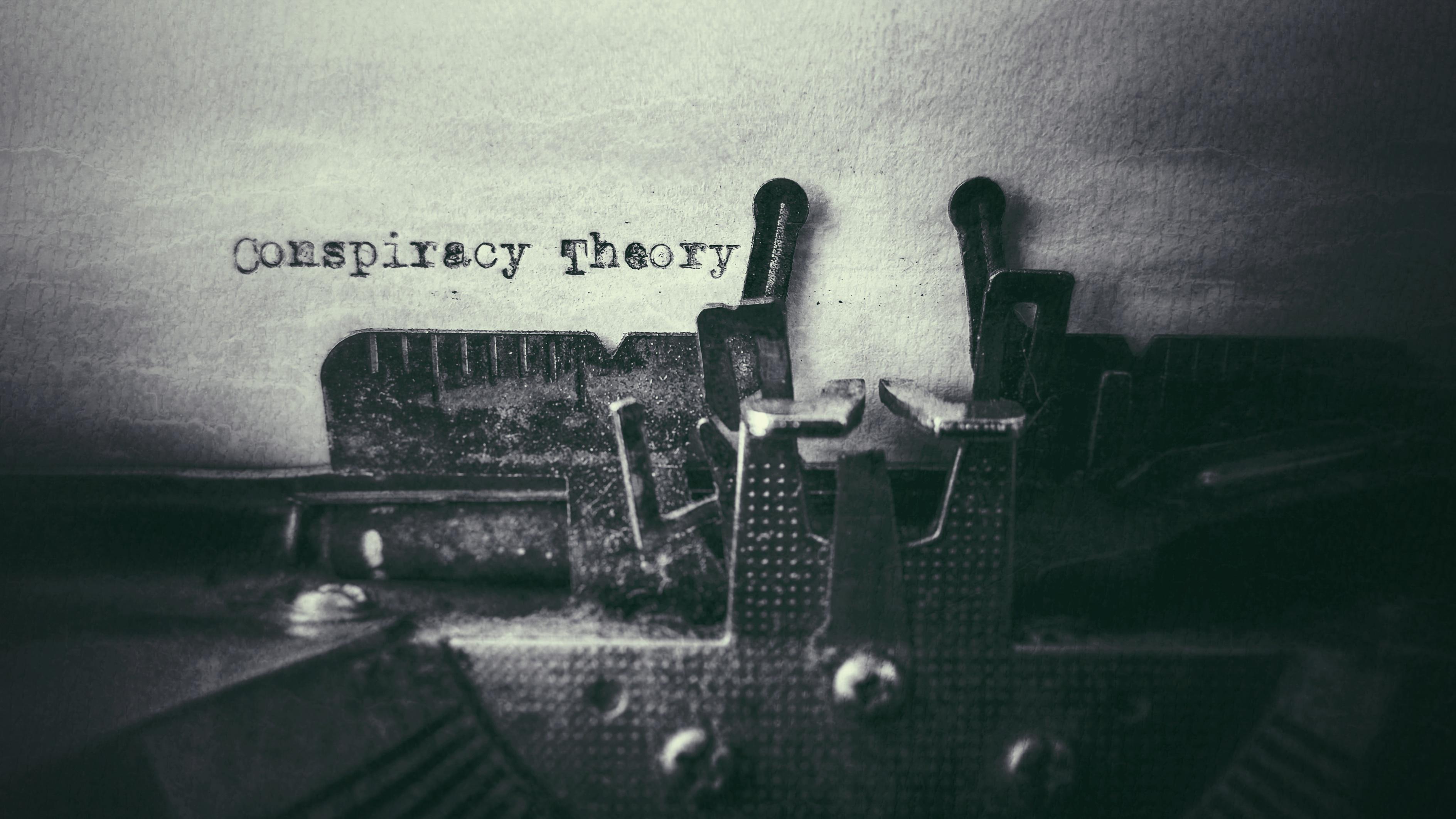The Roots Of Conspiracy Theory

The sheer outlandishness of the claims are breathtaking: a Satanist pedophile ring run by political elites; American voting machines rigged “at the direction of Hugo Chavez,” who is deceased; school shootings that are actually “false flag” operations designed to push gun control.
Conspiracy theories have always existed, but social media has fueled their explosion, and conspiracy theories are on the rise, according to surveys. With events like the Capital insurrection propelled by conspiracy theories, American society needs to do far more to address the far fetched ideas. In short, where do conspiracy theories come from and what’s to be done about them?
A new and powerful study from Applied Cognitive Psychology gives an answer, suggesting that critical thinking is key, and the researchers found that people who do poorly on critical thinking tasks like evaluating arguments are more likely to believe conspiracy theories. This suggests that critical thinking education can provide an important counterweight to the recent growth in conspiracy theories.
ADVERTISEMENT
Understanding the psychology behind conspiracy theories has important consequences for how the nation sets out to dampen the influence of the improbable ideas. For example, studies suggest that simply tagging conspiracy theories on social media is not likely to have a significant impact on their spread. Indeed, calling something a “conspiracy theory” can even make things worse and increase the spread of the idea. What’s needed is a more nuanced understanding of what drives conspiracy theories and what kind of interventions can actually be effective against them.
Conspiracy Theory text typed on paper with old typewriter stock photo
getty
As many researchers have suggested, one big driver of conspiracy theories is the security that comes from simple explanations for negative events. Conspiracy theories provide a very tempting balm for, as antiracism advocate Tim Wise writes, “folks [who] feel the world passing them by.” Put differently, conspiracy theories are often not just the result of people being misled or duped, but expressions of deeper feelings of powerlessness.
ADVERTISEMENT
A recent research review by a team led by Karen Douglas of the University of Kent further shows that conspiracy theories provide a sense of control. For Douglas, conspiracy theories serve to unconsciously reassert power.
Consider, for example, the Great Replacement Theory, a white nationalist conspiracy theory prominent in Europe that states that elites are conspiring to replace white populations with minority populations. (The notion was also prominent in the Charlottesville demonstration in 2017.) The theory serves to give an outlet to racial fears and to allay anxieties over lost financial security by transferring that resentment into self-righteous anger over a vast elite-fueled conspiracy.
Of course, these conspiracy theories don’t actually help lessen anxiety in the end, as Douglas and her colleagues write. “Experimental exposure to conspiracy theories” actually “appears to … suppress people’s sense of autonomy and control,” and “it makes people less inclined to take actions that, in the long run, might boost their autonomy and control.” In other words, a conspiracy theory offers an expressive outlet, but when the believed-in conspiracy fails to unravel, the theory can take up more and more of people’s lives, preventing them from confronting real challenges in a productive manner.
ADVERTISEMENT
Finally, research suggests that conspiracy theories become rallying points for social groups, especially ones that see themselves as outsiders. Conspiracy theories can help assert both identity in the group and also the group’s identity itself — a kind of “collective narcissism” as Douglas and her team write.
QAnon is a good example of a socially-driven conspiracy theory. It’s adherents seem at least in part motivated by the social belonging that comes from developing hatred of an out-group of elites. Indeed, QAnon itself works to build a sense of belonging within its online forums by defining insiders and outsiders, and this sense of community may be even more important than actual belief in the more outrageous aspects of the theory, which some surveys suggest is not actually required.
QAnon is an extreme example but social media has fueled other community-based conspiracy theories as well. Though far more connected to reality, certain responses to the Mueller investigation, for example, also produced amateur sleuthing on social media that sometimes fell into the realm of conspiracy theory. Developing and promulgating these theories gave users a sense of belonging, virtuousness, and the thrill of uncovering the single root cause of what was to them an otherwise incomprehensible event: Donald Trump’s election.
ADVERTISEMENT
So what’s to be done? As the research suggests, there is no single cause for conspiracy theories and, therefore, no single solution. What is clear though is that an emphasis on clearer and more critical thinking throughout society is needed.
In the education sphere, the nation needs a multi-pronged effort to build democratic competency through targeted interventions in civics, critical thinking, and media literacy. Reboot, the nonprofit foundation I run, recently published a free guide to critical thinking for teachers that includes a section on media literacy, as well as tips on teaching critical thinking skills in classes such as civics and science. An emphasis on critical thinking in schools can help also remediate the deficits in analytical thinking and unrecognized cognitive biases that lead to poor news judgment.
The news itself can also be improved. More should be done to finance public-interest journalism that is not completely subject to market pressures that can lead to clickbait, simplistic narratives, and one-sided coverage. Public interest news doesn’t just help spread better information; it can also serve as a model for readers of how to judge information in conditions of uncertainty. In addition, better regulation of social media is needed — including both measures that curb the spread of misinformation and ones that dampen social media’s addictive and emotionally manipulative qualities more generally, which make clear thinking online nearly impossible.
ADVERTISEMENT
Finally, we need to find ways to address underlying psychological conditions like social isolation, alienation, and despair that can lead to radicalization and mass delusion.
Conspiracy theories thrive in societies in upheaval, with poor education systems, disaffected populations, and low social capital. But experts can’t simply tell people to stop believing lies. Rather, society has to put people in a better position to see the truth.


